
Pollen Protection: How Air Purifiers Can Help You Survive Allergy Season
Share
It’s that time of year; the sun is starting to show itself, we’re creeping into Spring, and we’re stocking up on antihistamines.
While April is a great time to finally feel like we’re rid of the depths of the British Winter, it also brings sneezing, itchy eyes, and lots of tissues. With that in mind we’ve been exploring the best ways to beat the allergens and put an end to hay fever suffering. Read on to learn about allergy busting air purifiers and additional tips to combat allergies this season!
What causes allergies?
Allergies are the result of your immune system responding to foreign substances in your body. Normally your immune system creates antibodies to attack microorganisms that aren’t supposed to be there, including bacteria and viruses which can cause damage to our bodies. Part of the immune response can include wheezing, itching, a runny nose, or watery, itchy eyes amongst other symptoms.
Allergic reactions occur when the body produces a specific antibody which identifies an allergen as harmful, even when the allergen doesn’t actually cause harm. The allergen response can get worse with increased exposure, turning that runny nose into severe congestion or even anaphylaxis in the worst cases.
Common allergens

Allergens can be present in a variety of places, and anyone can be affected. Some common allergens include tree, weed, and grass pollen (or hayfever), dust mites, some animals like cats and dogs, some foods like nuts or dairy, or even certain medicines.
Airborne allergens can be hard to avoid, especially with different types of pollen around at different times throughout the year. Most people are allergic to grass pollen which is most common in April to September, but tree and weed pollen occur in Spring with the latter being released as late as Autumn! You can check out the Kleenex pollen calendar to prepare yourself, and help identify your specific allergens.
How to help allergies?
Air purifier
Airborne allergens can be removed from your indoor environment using an air purifier. HEPA filters are able to capture and remove particulates as small as 0.03 microns. As pollen particles average at around 25 microns, you’re well covered. Below are a few examples of allergy busting air filters!
The Blueair Blue Max 3250 auto is a speedy purifier that can completely filter the air in a 20m² room every 12.5 minutes. It has an inbuilt air quality indicator that can detect particle concentration in your space, and the washable pre-filter surrounding the Blue Max 3250 auto extends the life of the primary HEPA filters.
If you’re looking for something compact that still packs a punch, the Philips 800 series purifier uses a HEPA filter and delivers a 190 m³/h clean air rate. The filters can last up to 12 months, and at under 2.5kg it’s great for a small space.
For a larger option, the Dyson Purifier Cool Autoreact TP7A uses HEPA 13 filters. These are one of the most highest class of HEPA filters and are considered to be medical grade quality. This purifier also acts as a cooling system in warmer weather, providing you with cool, clean air. It can even be remote controlled!
Extra cleaning in the home

Allergens can enter the home with you; through open windows and doors or on your clothes, you’d be surprised how sneaky they can be! By cleaning regularly and using a vacuum with a HEPA filter, you can remove these excess allergens before they can affect you. Read our guide on how to freshen up your home here!
Treat the symptoms
Nasal irrigation can offer fast, effective relief for congestion. It can flush out allergens and mucus from your nose to help you breathe easier when you’re suffering.
A spoonful of honey or hot tea is a natural way to sooth a sore throat, and the steam can also help with decongestion.
When you have the sniffles you can often end up with a sore nose, so look after your skin by using a soothing balm and soft tissues.
Allergies can affect anyone, and knowing how to handle hay fever season can make them much easier to deal with, so get your air purifier switched on and grab your vacuum!
Do you suffer from allergies? Have any top tips for keeping the runny nose at bay? Let us know!
Related Posts
-

How Can We Use Earth’s Resources Sustainably?
Utilising Earth’s natural resources is essential for human wellbeing and development. From building materials to ener...
-
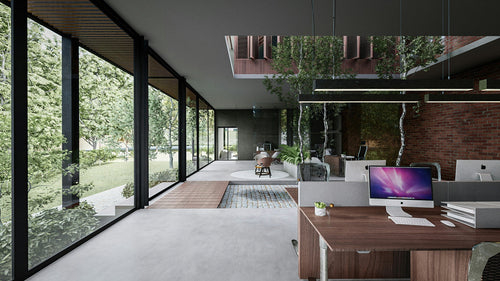
At Home With Nature: What is Biophilic Design, and How Can I Incorporate It Into My Space?
What is biophilic design? Biophilic design is the principle of incorporating nature into the design process and style...
-
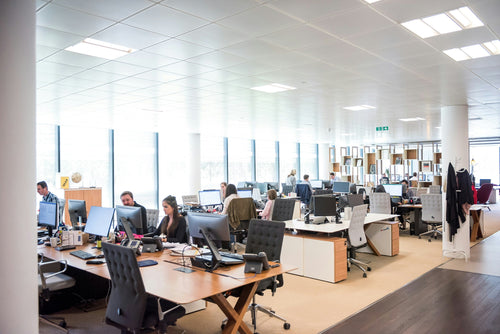
How to Improve Cognitive Function and Avoid Sick Building Syndrome
When self-reflecting and looking for self-improvement, considering your cognitive function can be a great place to st...
-

Going for Gold
Fun With Fans Back in May we had all of the fans that live within Briiv Pro arrive and apart from a fright we had wh...
-
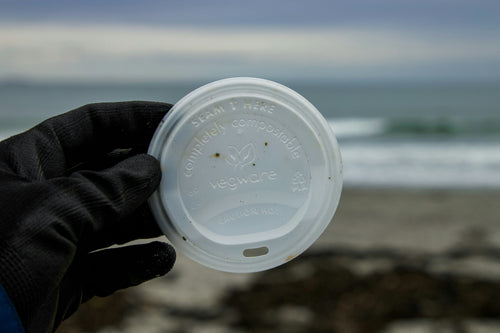
Save Money, Live Sustainably: Practical Tips for an Eco-Conscious Lifestyle
In today’s world it feels like there are a million ways to be more ethical in our purchases, which feels like a milli...
-

Christmas Shipping 2024
Hi everyone, As we close in on the end of the year, we've listed below the advisory last posting dates for Briiv: ...
-
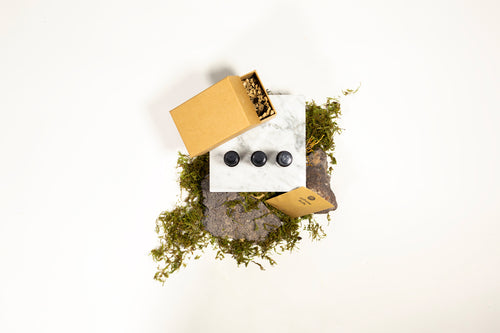
Briiv Fragrances; add fragrance to your home with new Briiv essential oils
Briiv 2 and Briiv 2 Pro have a built-in fragrance diffuser, so that after the harmful pollutants have been removed fr...
-
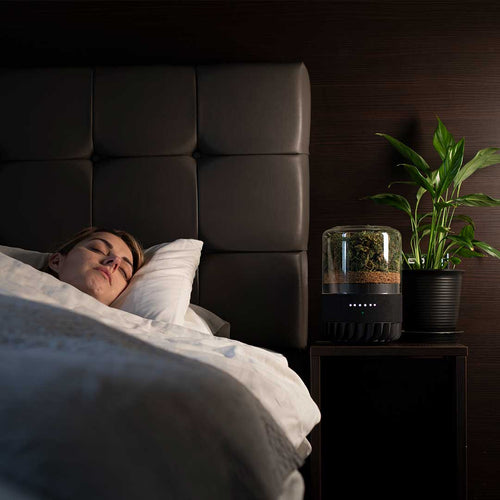
How to Get a Better Night’s Sleep
A good night of sleep is crucial to support your health and wellbeing. While a one-off late night or restless evening...
-
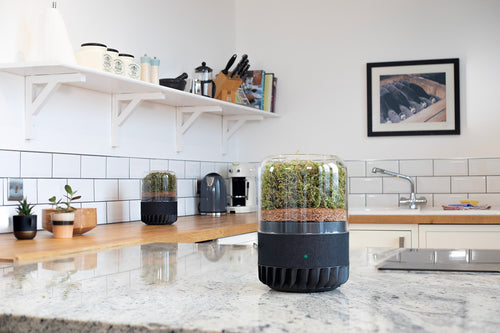
How to build a Briiv System
With Briiv 2 Pro you can build a mesh network of small and powerful air purifiers that work in unison to automaticall...
-

How Air Purifiers Can Help Remove Smoke and Odours During BBQ Season
As the weather continues to get warmer there’s nothing better than getting outside and cranking on the BBQ, but while...
-
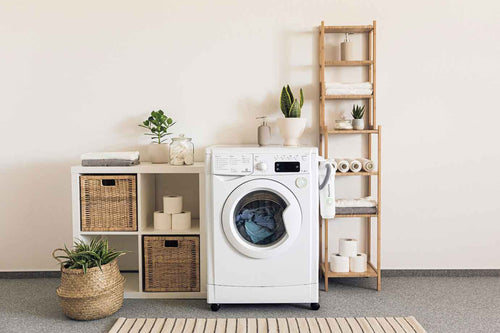
How to Save Energy: Tips for Reducing Your Consumption and Bills
We all know how important it is to save energy; from cutting down on your bills to reducing fossil fuel emissions, en...
-

How To Measure Your Space for an Air Purifier
In the world of air purifiers (and trust us, it’s a pretty extensive world) it can be overwhelming to decide what’s r...
-
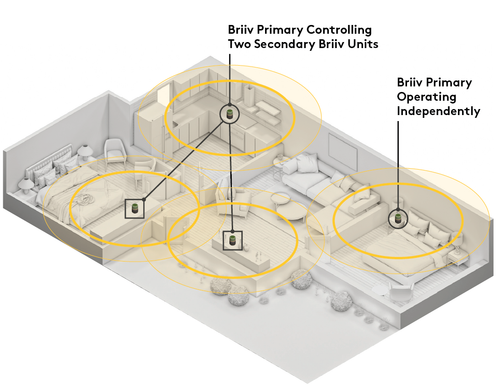
Behind Briiv Pro
Prototyping And Designing The Electronics We wanted to share some behind the scenes of developing the electronics tha...
-
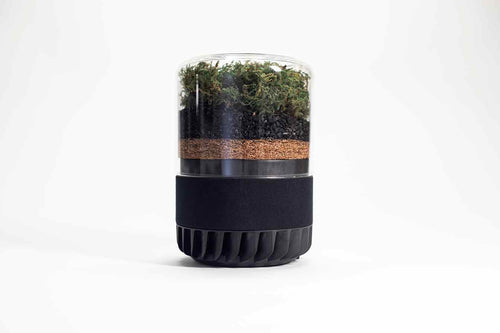
Smelling Great
A Close Look At The New Briiv Aroma We have had a few questions about how the fragrance part works in Briiv Pro, so...
-
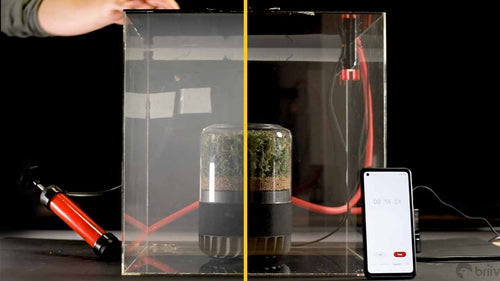
Briiv Pro vs. Smoke
Fun With Metal Back in December we started machining the electrodes that are going to be used to spark erode the tool...
-

How To Freshen Up Your Home
As the days are getting longer and the weather’s improving, we really are finally saying goodbye to Winter. And what ...
-
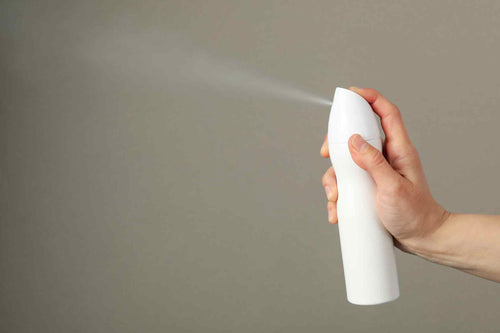
Aerosols: What are they, where are they from and where do they go?
Aerosols are everywhere in today’s world; be it your morning deodorant and a spritz of hairspray, or your everyday ai...
-
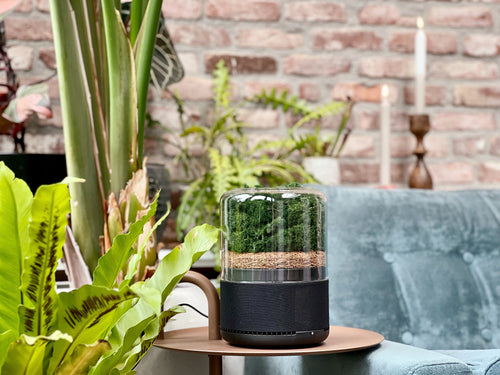
Will an Air Purifier Improve My Health?
There are plenty of reasons you’d want to bring an air purifier into your life, whether you’re wanting to remove unpl...
-
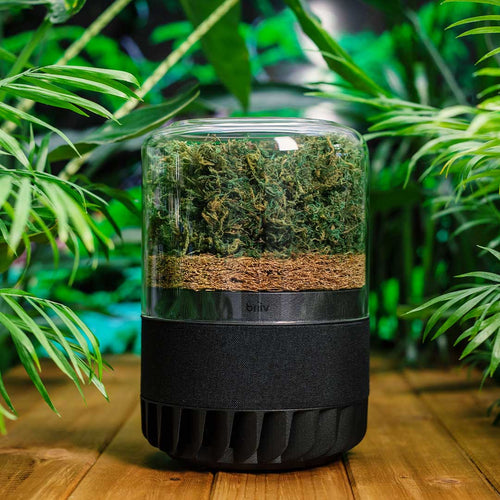
Welcome to Briiv Pro!
As it's our second time on Kickstarter, we're looking to do things a little different through this campaign and want ...
-

Christmas Shipping 2023
Hi everyone, As we close in on the end of the year, we've listed below the advisory last posting dates for Briiv: In...
-
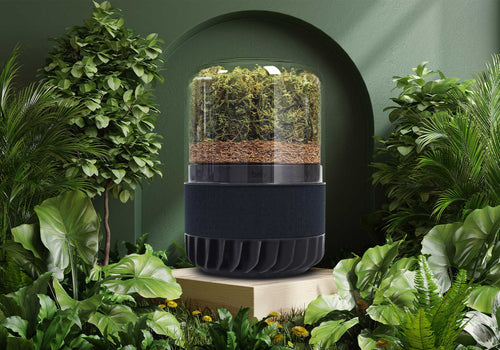
Briiv Pro has Launched!
For a while now we've been exploring how to improve Briiv. With amazing feedback from our customers and community, al...
-
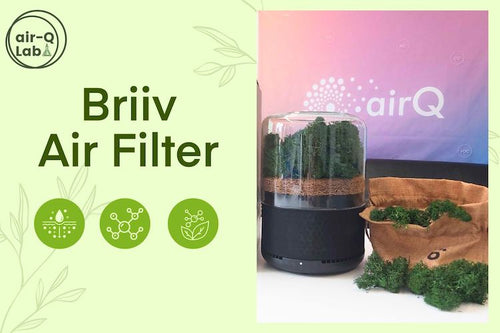
We Partnered with airQ
We recently partnered with the air quality monitor, airQ, to see how Briiv performed in a unique test environment. Br...
-
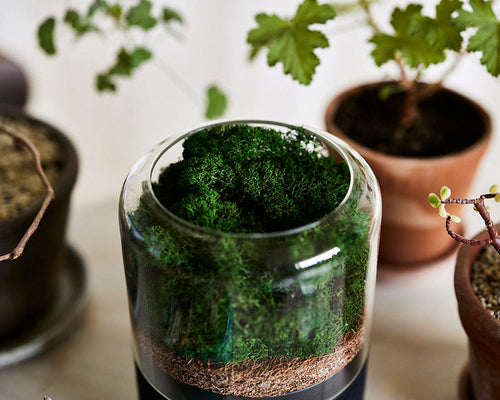
What's the deal with ozone?
With enough fear mongering online, it's understandable why you'd want to make sure your air purifier isn't actually ...
-
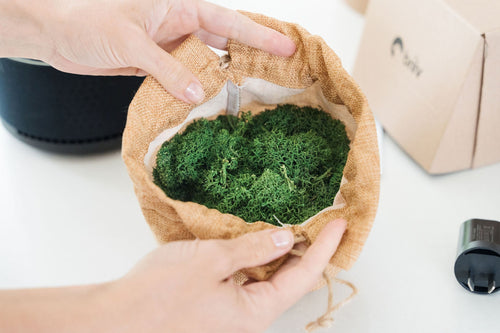
Caring for Briiv
Look after your Briiv so it can keep on looking after you. Your Briiv requires little to no maintenance, unlike s...
-

A Multi-Award Wining Product
Read what the experts have to say here! The idea of Briiv was born in 2019, and in the 4 years since then it's p...
-

Let's Get Social!
Whether you're into social media or not, you can benefit from learning a bit more about your favourite brands on diff...
-
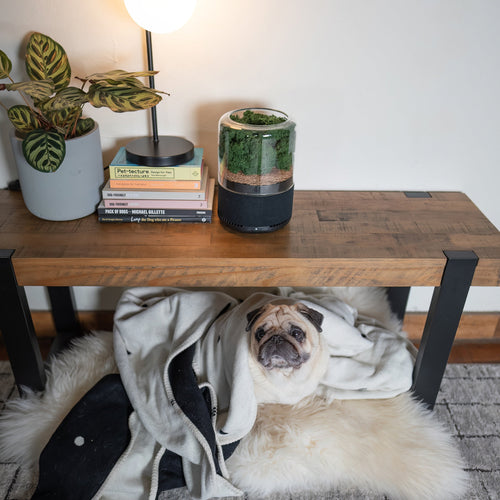
Allergies? We're All-over it!
Briiv can be your shield against a season of sniffles! It's allergy season and if you're a sufferer, you know exa...
-
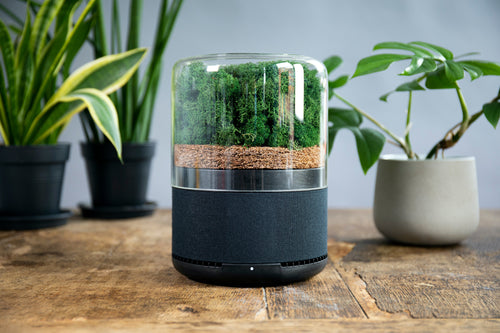
The Briiv Story (So Far!)
We’re all so proud here at Briiv of how far we’ve come over the past few years that we decided to take a look back at...
-
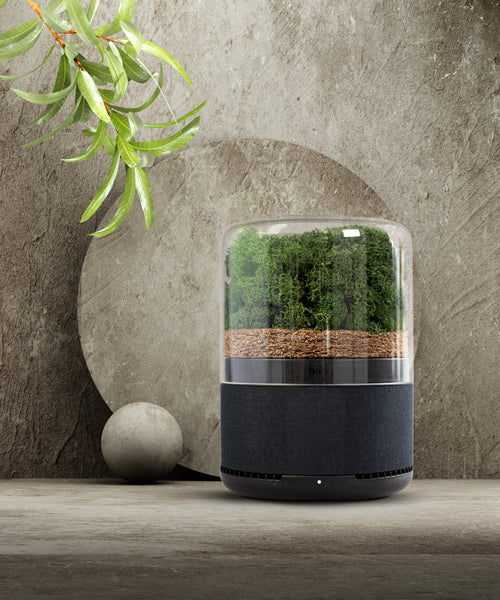
Briiv App: Trials and Tribulations
I wanted to just take some time and run through the challenges we have had and why it has taken us so long to get th...
-
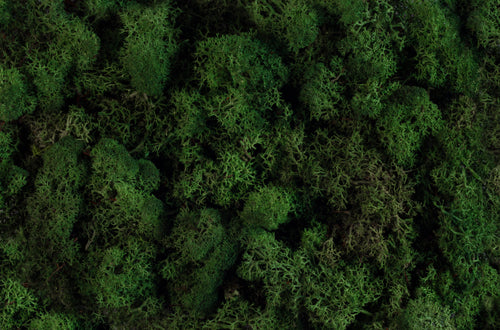
Eco Excellence Awards 2022
We’re so excited to share that we recently won not one, but two Eco-Excellence Awards in the Home Air Purifier catego...
-

B Corp Certified
As of August 2022, we are incredibly proud to say that Briiv is B Corporation certified! As a B Corp business, Briiv ...
-
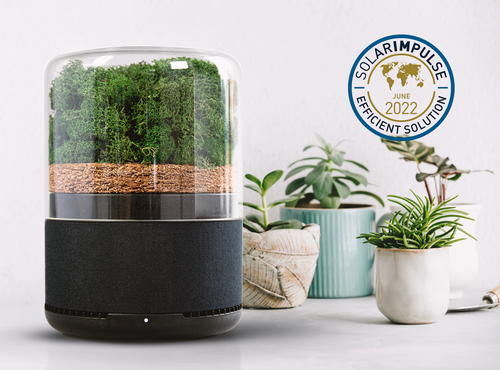
Solar Impulse Efficient Solution Label
The Solar Impulse foundation has collected over 1,000 clean and profitable solutions, and now Briiv is one of them. W...
-
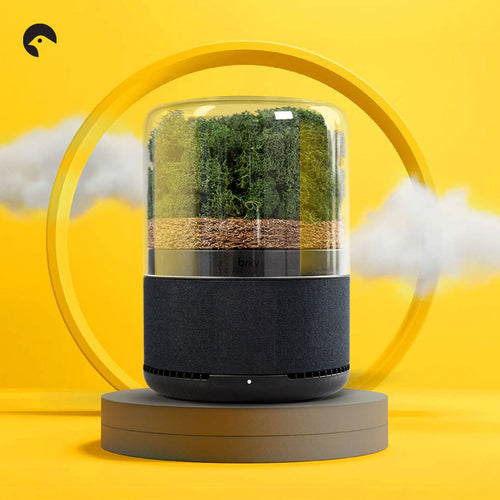
A Year in Review
Hello everyone! As we look back on the year, any attempt to sum it all up will be an understatement to say the least....
-
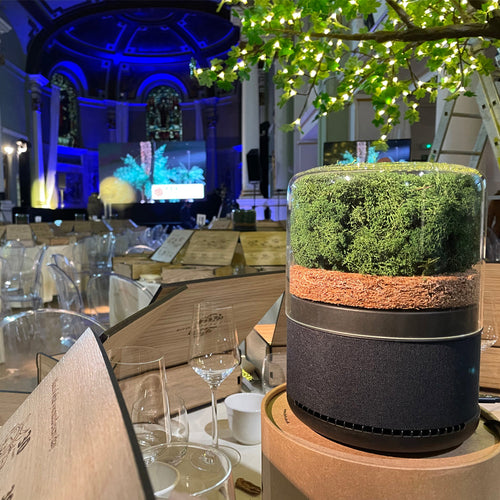
Briiv Goes to the P.E.A. Awards
This past weekend, we attended the P.E.A. Awards in Marylebone, London, the UK’s leading sustainability awards. The G...
-
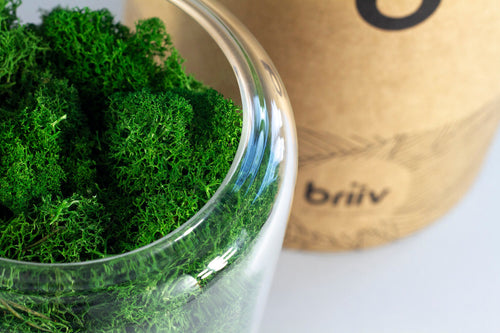
Embracing The Circular Economy and Designing Towards a Greener Planet: The Briiv Story So Far
Photo by Elena Mozhvilo on Unsplash The world we live in is filled with infinite wonder and incredible beauty, but ...
-

Fulfilment Plans & New Branding
Fulfilment Plans & New Branding Hello everyone! We're thrilled this month to be able to bring you news, that...
-

Production Update - June 2021
Hello everyone, It's time for our monthly update and you'll be thankful to hear the updated timelines we set ou...
-

The A' Design award
More Outstanding Recognition for briiv We are thrilled to announce we are the recipients of yet another prestigious d...
-

Red dot winner 2021
Award-Winning We're extremely excited to share the news that this last month, we won an award for the briiv Air Filte...
-

We're on track! / Carbon Neutral
Hello everyone, Production Update We hope you are all keeping safe and well. It's been a month since our last up...
-

Manufacturing Update - December
Hey everyone, We hope you are all well and want to say thank you for all your messages and support recently. We'...
-
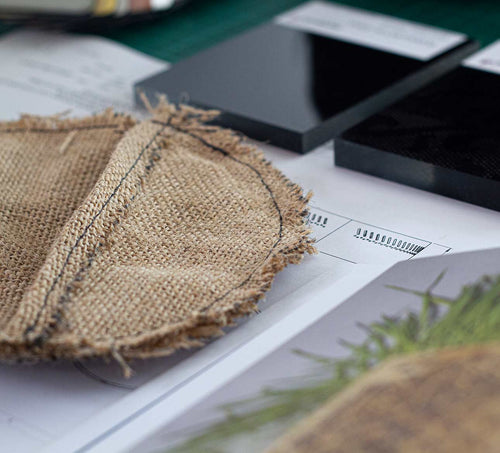
Inside Story, Production Update
Hey everyone! It's been a great few weeks for us as we begin to put into action our production schedule! We have a fe...
-
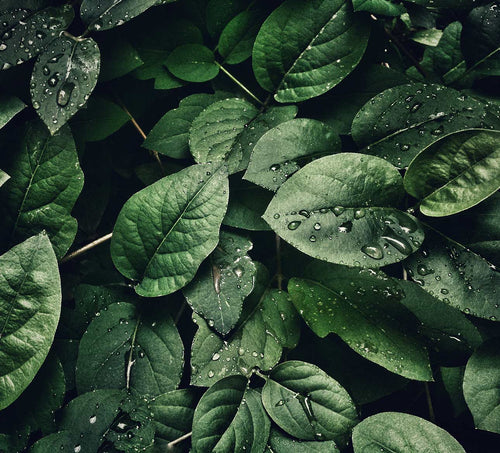
Plants. Do they actually clean my homes air?
Hi everyone! We're fast approaching the end of our Kickstarter campaign and we've really enjoyed your feedback and an...











































